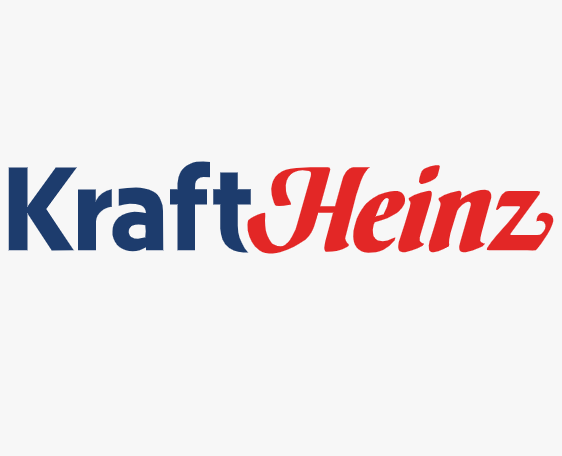Training Contents
EHEDG provides a standard European platform for training and education in hygienic engineering and design, based on training modules which are summarizing the key knowledge of the EHEDG guidelines and other EHEDG publications.
International EHEDG training courses in English language and national EHEDG courses in local language are offered several times a year at various locations in Europe and overseas. We highly recommend these courses to all levels of employees specified under Target Groups in order to make them benefit from the EHEDG know-how at first hand.





